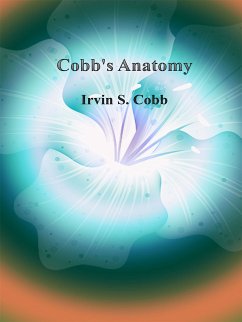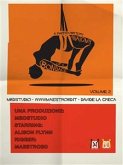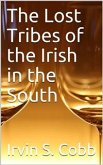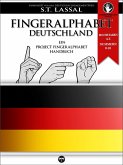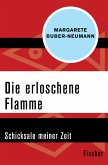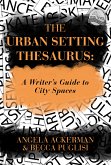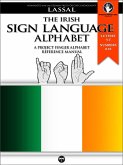Dr. Woods Hutchinson says that fat people are happier than other people. How does Dr. Woods Hutchinson know? Did he ever have to leave the two top buttons of his vest unfastened on account of his extra chins? Has the pressure from within against the waistband where the watchfob is located ever been so great in his case that he had partially to undress himself to find out what time it was? Does he have to take the tailor's word for it that his trousers need pressing?

